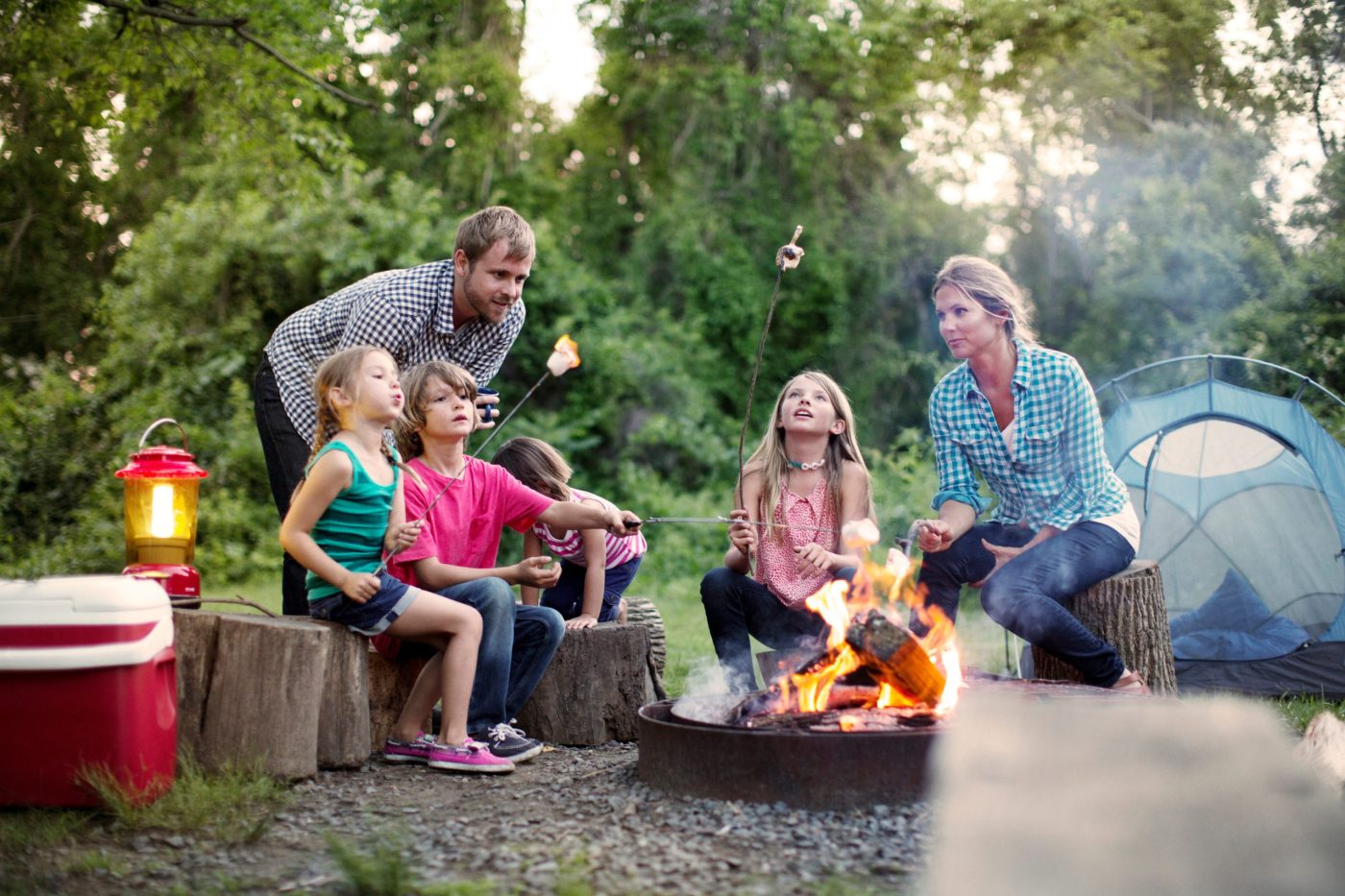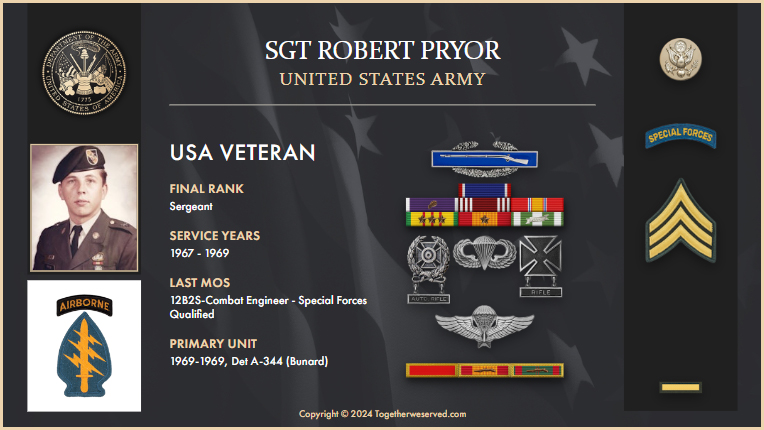Politically speaking, firearms are a divisive topic in this country. Practically speaking, they are the most lethal method of attempted suicide; about 85 percent of suicide attempts using guns end in death, according to the Harvard School of Public Health. As a nation, we need to talk about guns in terms of keeping people safe during times of personal crisis. September is Suicide Prevention Month, and I can think of no better time than now to have this conversation.
I oversee suicide prevention at the U.S. Department of Veterans Affairs, a program that includes the Veterans Crisis Line and a network of suicide prevention coordinators at VA Medical Centers across the country. At VA, our mission, first and foremost, is to keep Veterans, Servicemembers and their loved ones safe. This means that Veterans Crisis Line responders must have very direct conversations with callers about their firearms.
When it comes to guns, our priority at the Veterans Crisis Line is and has always been safety. If a caller assures us that they can stay safe, and is not at imminent risk of harming himself or others, we accept that assertion, whether or not they have a firearm. If the caller is at imminent risk of taking his or her own life, we will do whatever we can to intervene.
Earlier this year, VA released a two-minute video underscoring why gun safety matters.
As important as the Veterans Crisis Line is, we don’t just wait for people to contact us. Across the country, VA suicide prevention coordinators conduct firearm safety training; many also distribute free gun locks — no questions asked. Their message — the same as the one in this video — is simple: basic precautions to secure guns in the home can mean the difference between a tragic outcome and a life saved.
Promoting safe firearm practices is an important step in preventing suicides. During Suicide Prevention Month, I am hopeful that people in crisis — especially those who own guns — will feel more comfortable calling the Veterans Crisis Line to connect with support and find hope.
The Veterans Crisis Line connects Veterans in crisis and their families and friends with qualified, caring VA responders through a confidential toll-free hotline, online chat, or text. Veterans and their loved ones can call 1-800-273-8255, and press 1, chat online at VeteransCrisisLine.net, or send a text message to 838255 to receive confidential support 24 hours a day, 7 days a week, 365 days a year.

Topics in this story
More Stories
Summer can be a joyful time of year, but some outdoor activities can be hard for some Veterans. In this guest post, former VA Secretary Bob McDonald shares resources and plans to navigate summer activities.
"A CAPITOL FOURTH" airs on PBS Thursday, July 4, 2024 from 8:00 to 9:30 p.m. E.T.
The following is an account from Army Veteran Robert Pryor on how he was able to find and reconnect with the pilot who saved his life in Vietnam.







Mr. Tenenbaum, sir I do not understand your comment. Are you still referring to the other article regarding the Obama administration? Freedom of speech is what this whole blog is about!we each have the right to say what we want to say without fear of persecution.if it came down to defending our country, I would like to think each of us would put our political differences aside and if required take up arms and jump in the foxhole side by side to protect this great country!
So you give me another chance. Sorry, I told the truth and if you cannot accept this as my comment, where is FREEDOM OF SPEECH?????
Or is it Putin who checks?
I am a 100 service connected disabled veteran with PTSD.since I got out of the military in 1985, I have chosen not to own a gun. Now with the situation in the Middle East and the threat of the battle coming in through our southern borders I am considering buying a weapon. My wife is angry, I am angry, but I am also determined not collect those people invade my country!when my wife got angry I explained to her that I am Native American and that hundreds of years ago our grandfathers had no choice they had to defend their country.today, I have no choice;I took an oath to defend my country and more than that it is in my blood to defend my country. Knowing how to handle a weapon has been taught to me and I will if needed put that knowledge to use! God bless our troops, God bless our veterans, & may God bless America!
Gun safety it depend on the owner, if he/she try get help from va doctor sends him or her in a path of road blocks, he or she may do something! These new doctors. Va getting Dont know the right way! Send every which place make it 3-6 with more pain. I was seeing someone help me with my leg pain, guess what she thinks it in my mind it not 1981 I had2nd & 3rd degree burns 2010 Dr gave meds resparked never pain in the scare tissue I now narcotics meds help me 4 yrs took it away cold after my doc retired. Try to put me antidepressants drug, I’ve try them I get worse . problem ,head injury 1977, told doc no. So gun control , it how the veteran can with hold those pains and what happened yes before if that veteran can’t, va not willing to help , what next?
The practice of taking away medications that someone has been stable on for ten years because someone in DC wants to save a buck is commonplace in the VA system.
National attention and a big pay out to whistle blowers, while someone cowers in a corner (whether real or perceived to the person OR health care providers) of the mental health (or other) waiting area.
I personally was told by a PharmD at the VA that she would “make it my personal mission to see you will never get that medication at this VA” This was a non-narcotic medication that I had been on for ten years with excellent results. I had to travel to another VA in an other state to get that medication (at the VA that took care of me for ten years). Then, a few months ago, someone in Washington decides it is cheaper (it is!) to use the generic only and VA is no longer going to provide name brand. EVEN THOUGH I HAD TRIALS THAT PROVE THIS GENERIC DID NOT WORK FOR ME, years ago.
So, there it is. Give my name? Are you nuts?
It seems that veterans, above all other people, should understand weapons safety, should be comfortable with firearms and should know when they should not have weapons in their homes (accessible to themselves or others). This situation is one in which other veterans can look out for comrades-in-arms to assure that the safety of veterans, families and the weapons themselves is not compromised.
I sorry I feel. The veterans va Dont care if a veteran in pain, their cutting off narcotics drugs to veteran they been on 4 yes, replacing with antidepressants drugs that do more side effect and harm. Too the mind and body. It been hell these past 8 months, and still no help . to fight burn nerve pain. So next step, who knows , cut ankle off? Their are some days it 20 plus pain, 1000 needle what to come out from under skin